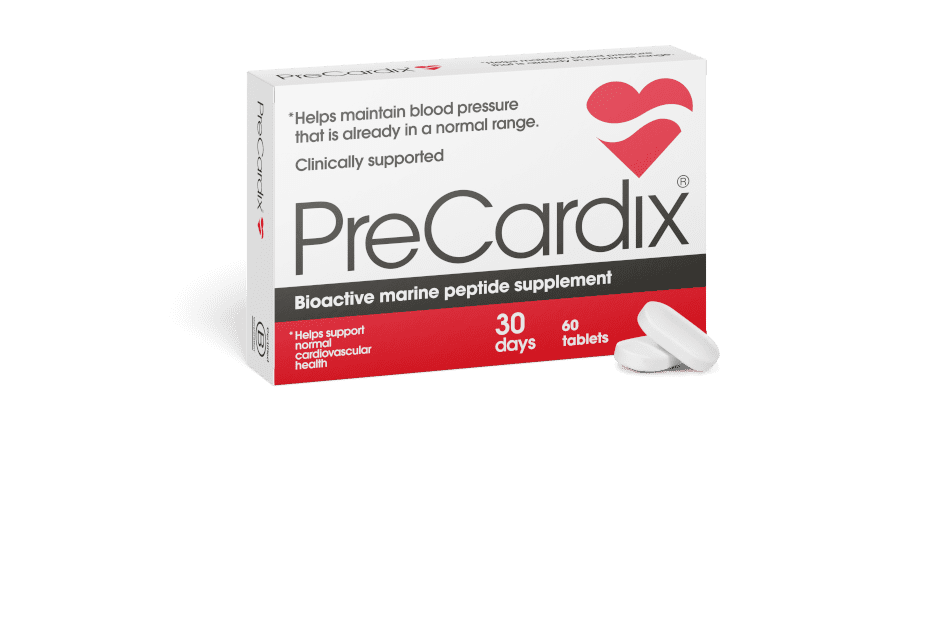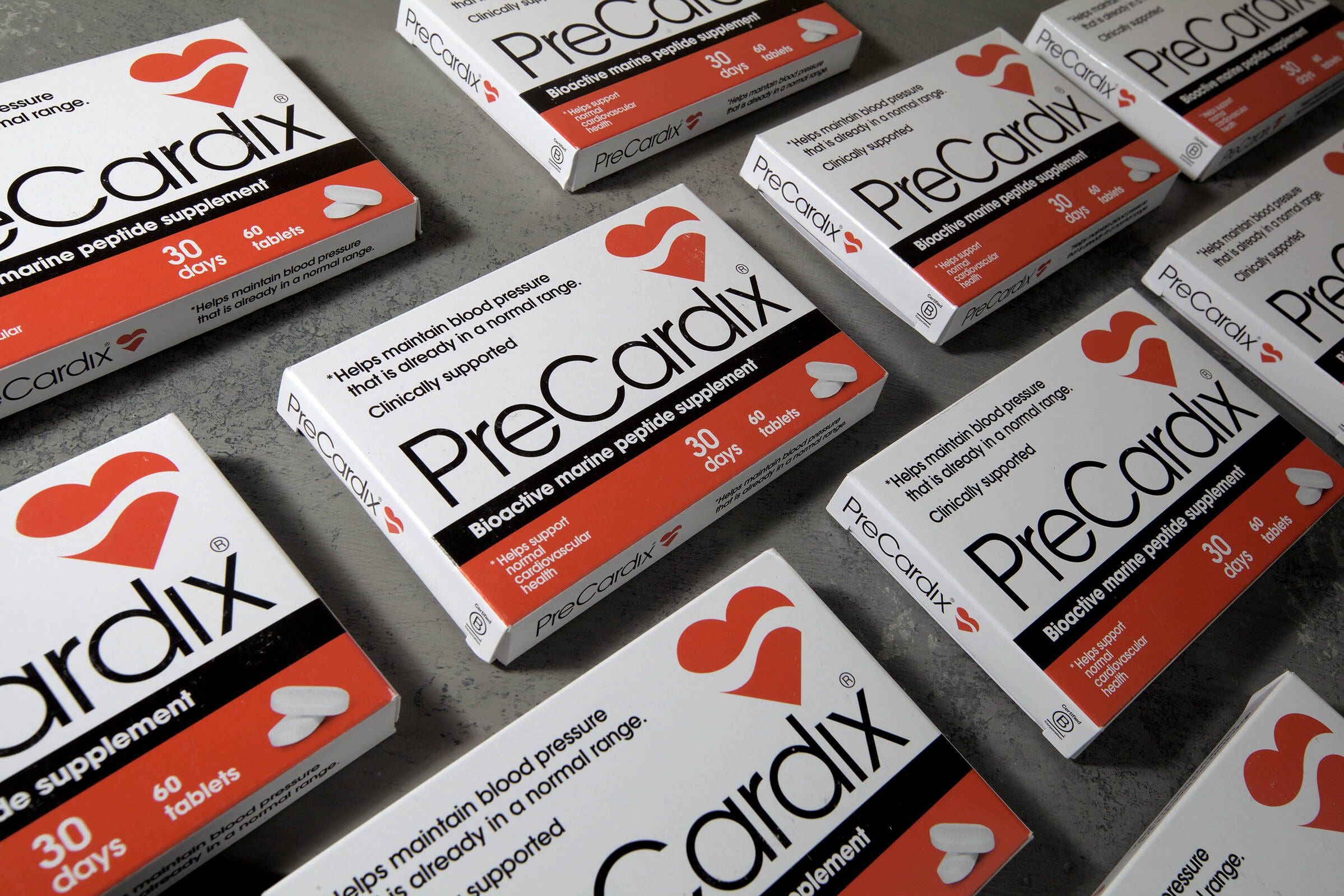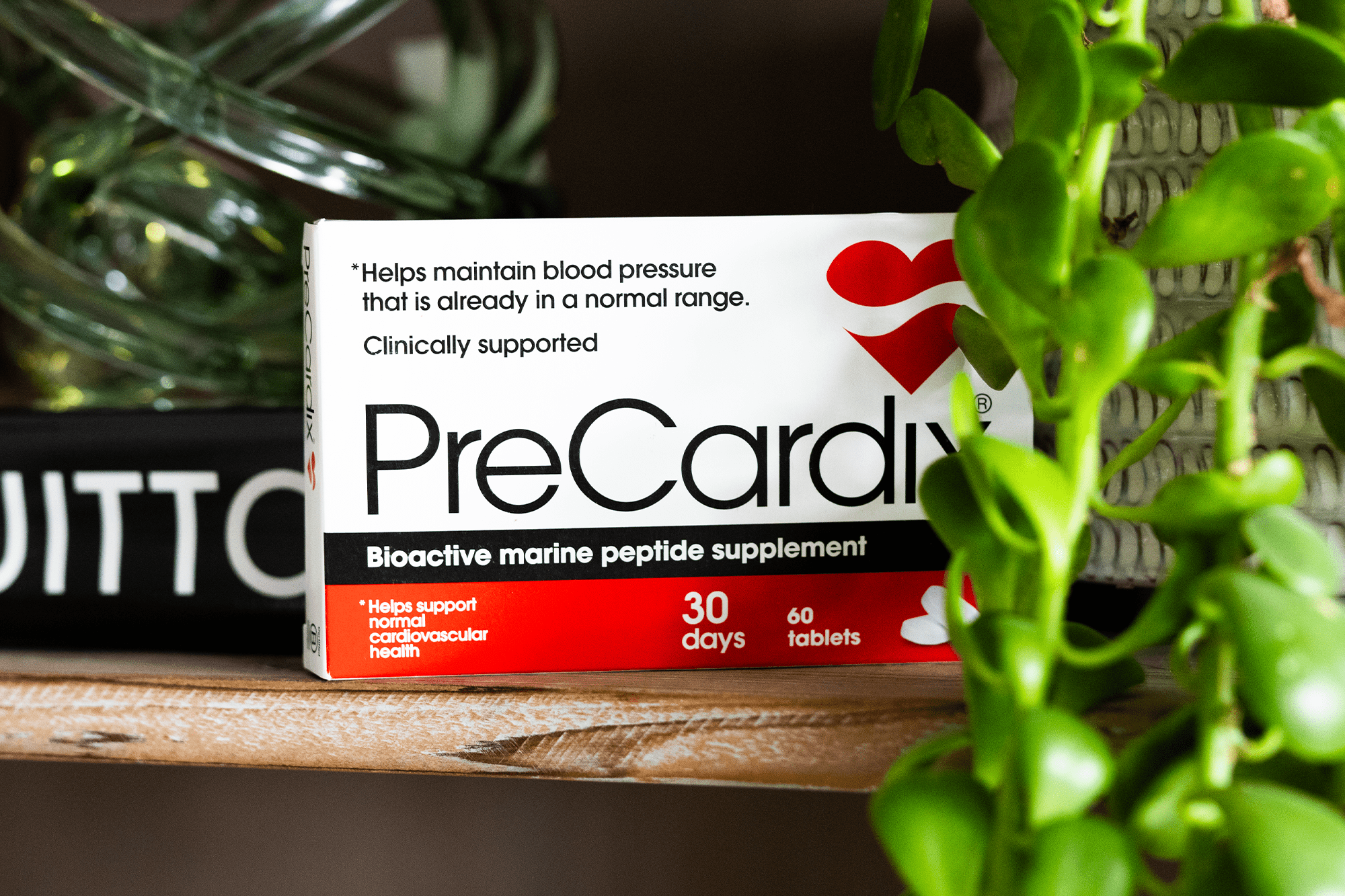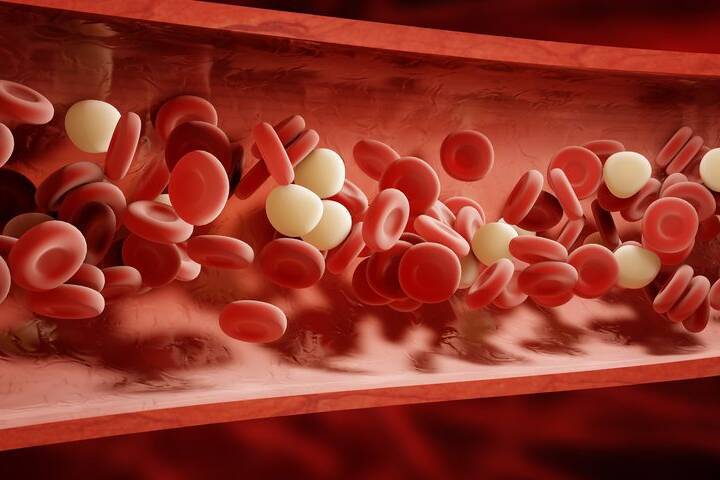Heart disease may still be the #1 cause of death globally, but a new wave of natural innovation is gaining ground — and it comes from the sea. Marine peptides, particularly those in clinically studied supplements like PreCardix®, are changing the way we support cardiovascular health, offering science-backed blood pressure support without the side effects of traditional medications.
Whether you’re exploring natural supplements to lower blood pressure or want a more holistic wellness plan, marine peptides deserve your attention. Let’s dive into the science, the benefits, and why these tiny molecules pack a heart-healthy punch.
What Are Marine Peptides?
Marine peptides are short chains of amino acids extracted from marine sources like fish or crustaceans. In the case of PreCardix®, the peptides are derived from the North Atlantic cold-water shrimp (Pandalus borealis) using a unique, eco-friendly enzymatic process.
Unlike full proteins, peptides are smaller and more bioavailable, meaning the body can absorb and use them more efficiently. Specific marine peptides have been shown to have ACE-inhibitory properties — more on that in a moment.
The Science Behind Marine Peptides and Heart Health
The real magic lies in the mechanism of action. Marine peptides, particularly the RSPC bioactive peptides in PreCardix®, work by inhibiting angiotensin-converting enzyme (ACE). This is the same biological target as many pharmaceutical blood pressure drugs, but without the side effects like dry cough, dizziness, or fatigue.
Backed by Decades of Research
PreCardix® is backed by over a decade of rigorous clinical research, including:
- The MARE study, a preliminary investigation into marine peptide activity
- The Marealis 13TBHM trial, a peer-reviewed, double-blind, placebo-controlled, multicenter clinical trial involving over 220 participants aged 30 to 75
🔗 View the full clinical trial here
Key Results:
- 1,200 mg/day of marine peptides significantly improved blood pressure levels
- 89% of participants saw meaningful changes within 8 weeks or less
- 43% dropped systolic pressure by over 10mmHg
- 24% dropped by over 15mmHg
- No serious adverse effects reported
These findings make marine peptides one of the most compelling natural supplements for high blood pressure on the market today.
Key Cardiovascular Benefits of Marine Peptides
Here’s what makes marine peptides stand out:
- ACE-Inhibition: Helps relax blood vessels, improving blood flow
- Supports Vascular Elasticity: Enhances endothelial function
- Anti-inflammatory Properties: Linked to reduced arterial stiffness
- Natural Origin: No synthetic ingredients or pharmaceutical interactions
- Rapid Onset: Effects in as little as 4 to 8 weeks for most users
Marine peptides are uniquely positioned as natural supplements to lower blood pressure while offering whole-body benefits.
How Marine Peptides Compare to Other Heart Health Supplements
Marine peptides offer pharmaceutical-level action with natural safety.
There are many blood pressure support supplements on the market, but few offer clinical backing or targeted mechanisms like marine peptides. Here’s how they compare:
|
Ingredient |
Mechanism |
Clinical Evidence |
Side Effects |
|---|---|---|---|
|
Marine Peptides |
ACE-inhibition, sodium balance |
High |
No serious side effects reported |
|
Garlic Extract |
Vasodilation |
Low-Moderate | Odor, GI upset |
|
Magnesium |
Vasodilation |
Good |
GI discomfort in some |
|
CoQ10 |
Antioxidant |
Moderate |
Rare |
Who Should Consider Marine Peptides for Heart Health?
- Adults with mild to moderate high blood pressure
- Those with a family history of cardiovascular disease
- People looking for drug-free options with strong clinical evidence
- Individuals already on medications but looking to support their regimen naturally (always consult your healthcare provider)
Choosing a High-Quality Marine Peptide Supplement
Not all peptides are created equal. Look for:- Clinically tested dosage (like 1,200 mg/day in PreCardix®)
- Peer-reviewed research
- Sustainably sourced marine ingredients
- Transparent labeling and third-party testing
- Red flags include vague ingredient lists, low dosages, or unsubstantiated claims.








